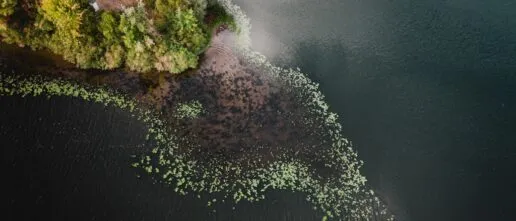Emily is an ecologist, exploring the biodiversity and ecosystem function outcomes of nature-based solutions projects, with a particular focus on native woodland expansion in the UK. She is collaborating with Trees for Life, Highlands Rewilding, and The Carbon Community to explore above/below-ground biodiversity and ecosystem function responses to different woodland creation methods. Emily often explores trends in biodiversity/ecosystem function responses using data collection across natural gradients and within existing conservation projects, complemented by experimental work to investigate underlying mechanisms in more detail. She also has an interest in integrating effective ecological monitoring into conservation projects, co-developing a tool for selecting metrics to monitor biodiversity and soil health outcomes in nature-based solutions projects, as part of the Agile Initiative sprint “How do we scale up nature-based solutions in the UK?”.
Related News Articles
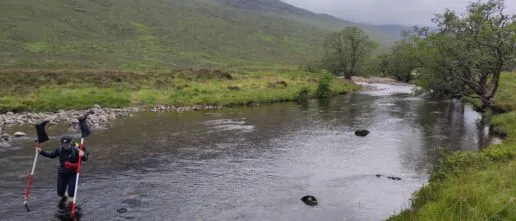
Acoustic monitoring fieldwork in the Scottish Highlands
Can passive acoustic monitoring help save remnant pinewood forests?
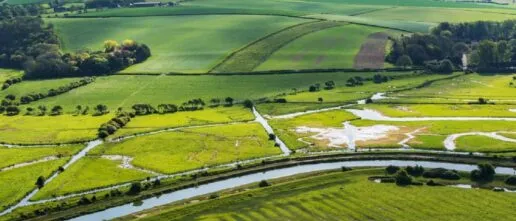
The Agile Initiative releases survey aimed at understanding how to scale up NbS in the UK
Researchers at the Agile Initiative have launched a survey to explore the challenges facing organisations in the design and delivery of Nature-based Solutions (NbS) in the UK to help make policy recommendations for how these projects can be better supported in the future.
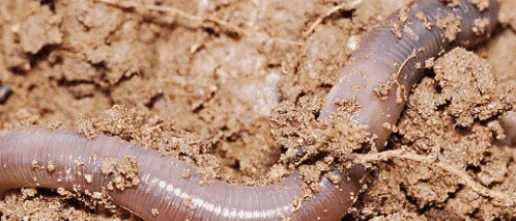
On World Soil Day: Scientists tune In to the hidden sounds of our belowground ecosystems
This World Soil Day, the message is clear: Healthy soil isn’t just alive — it’s full of sound.
Related Projects

Expanding native forest in Scotland: small-scale mechanisms, landscape-scale responses
Experimental and landscape-scale data collection to understand above and belowground drivers of and responses to native forest expansion in the Scottish Highlands

Ecoacoustic Data Analytics
Advancing AI methods to determine ecosystem composition from acoustic recordings, distinguishing species, geophonic & anthropogenic sounds in soundscapes as well as flagging unusual or unanticipated sounds.

How do we scale up nature-based solutions in the UK?
Working with its partners and stakeholders, this project is assessing the potential for nature-based solutions to contribute to national climate, biodiversity and economic targets, understand the social and practical obstacles to NbS, and strengthen tools and guidance for decision makers. Outputs are aimed at supporting key policy processes including net zero strategy, nature recovery, economic recovery, levelling up and climate change adaptation.
Related Outputs
Young mixed planted forests store more carbon than monocultures—a meta-analysis
Although decades of research suggest that higher species richness improves ecosystem functioning and stability, planted forests are predominantly monocultures. To determine whether diversification of plantations would enhance aboveground carbon storage, we systematically reviewed over 11,360 publications, and acquired data from a global network of tree diversity experiments. We compiled a maximum dataset of 79 monoculture […]
Advancing nature-based solutions through enhanced soil health monitoring in the United Kingdom
This paper examines challenges and opportunities in selecting suitable soil health metrics. We find that standardization can facilitate widespread monitoring of soil health, with benefits for stakeholders and user groups
An integrated approach to above- and below-ground ecological monitoring for nature-based solutions
As the development of nature-based solutions (NbS) increases globally, it is important to ensure that projects meet the objective of benefiting biodiversity, alongside tackling societal challenges. However, most NbS projects do not directly monitor ecological outcomes, and those that do often focus on a limited set of metrics. It is therefore challenging to assess whether projects fulfil the aim of benefiting biodiversity.
Related Programmes
Related Landscapes
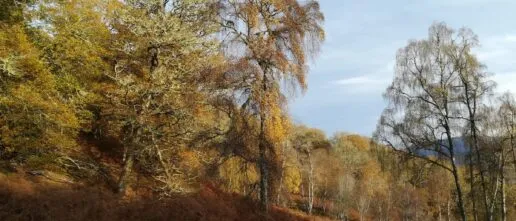
Scottish Highlands
Scotland is renowned for its distinctive and diverse range of landscapes, which are a significant part of the country’s natural and cultural heritage. The environment has been shaped by interconnected human and natural processes over thousands of years and includes built heritage, ancient woodlands, wildlife and native species, art and literature, folklore, language and traditions […]
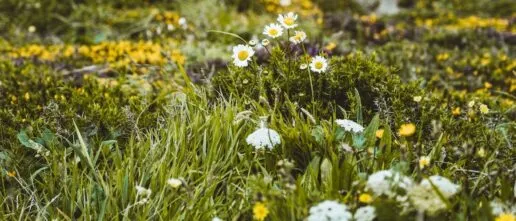
Oxfordshire
With its active network of nature recovery groups, Oxfordshire presents a unique opportunity to test and showcase a portfolio of different ecosystem restoration strategies, to become a model county for nature recovery. Our work in this landscape aims to build a community of practice between the University and local practitioners, and will also form a […]

